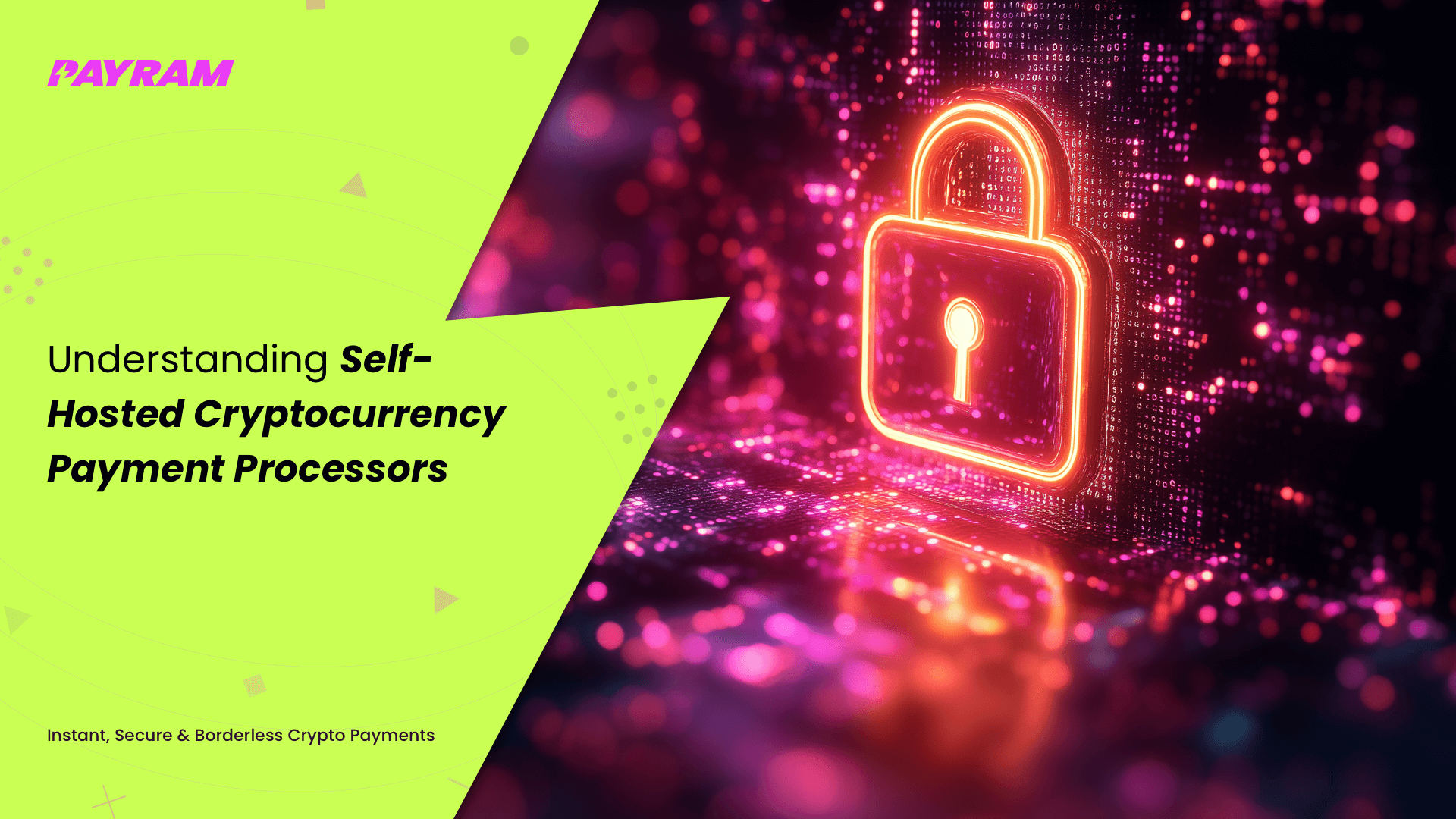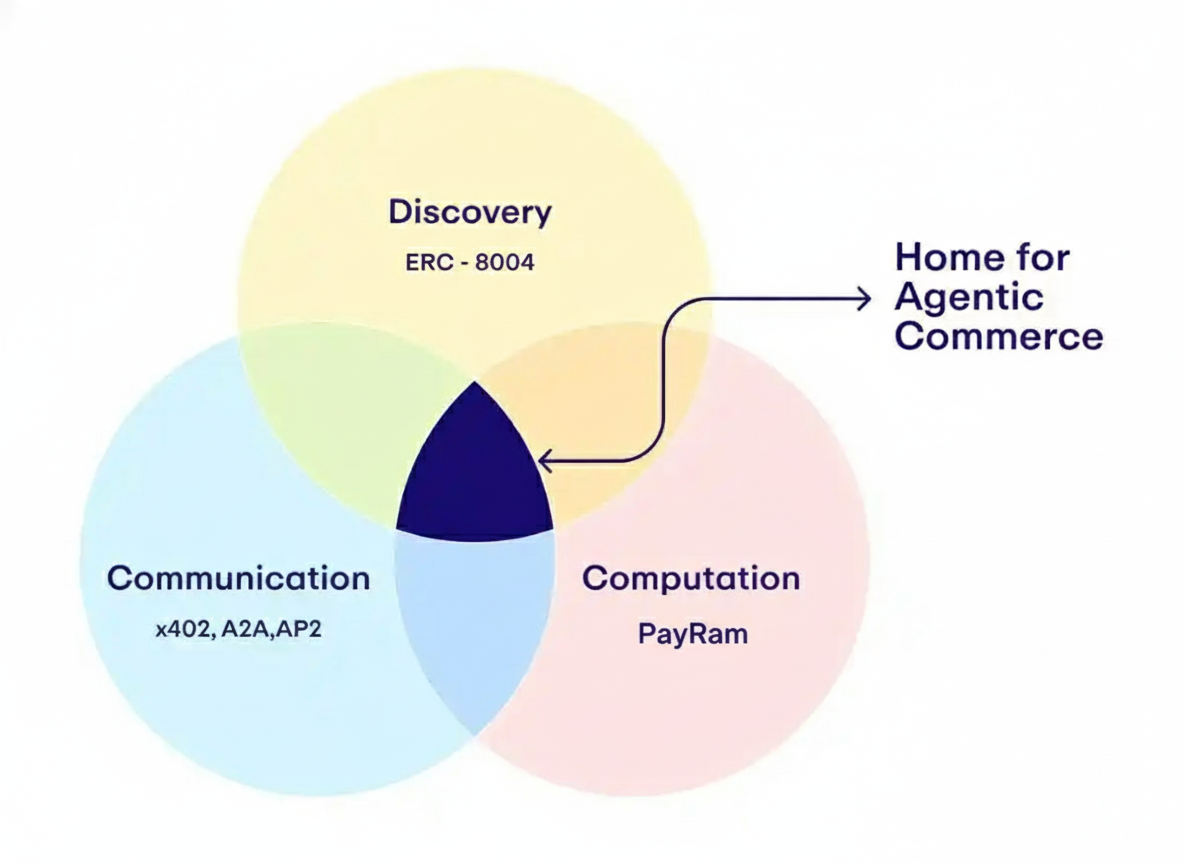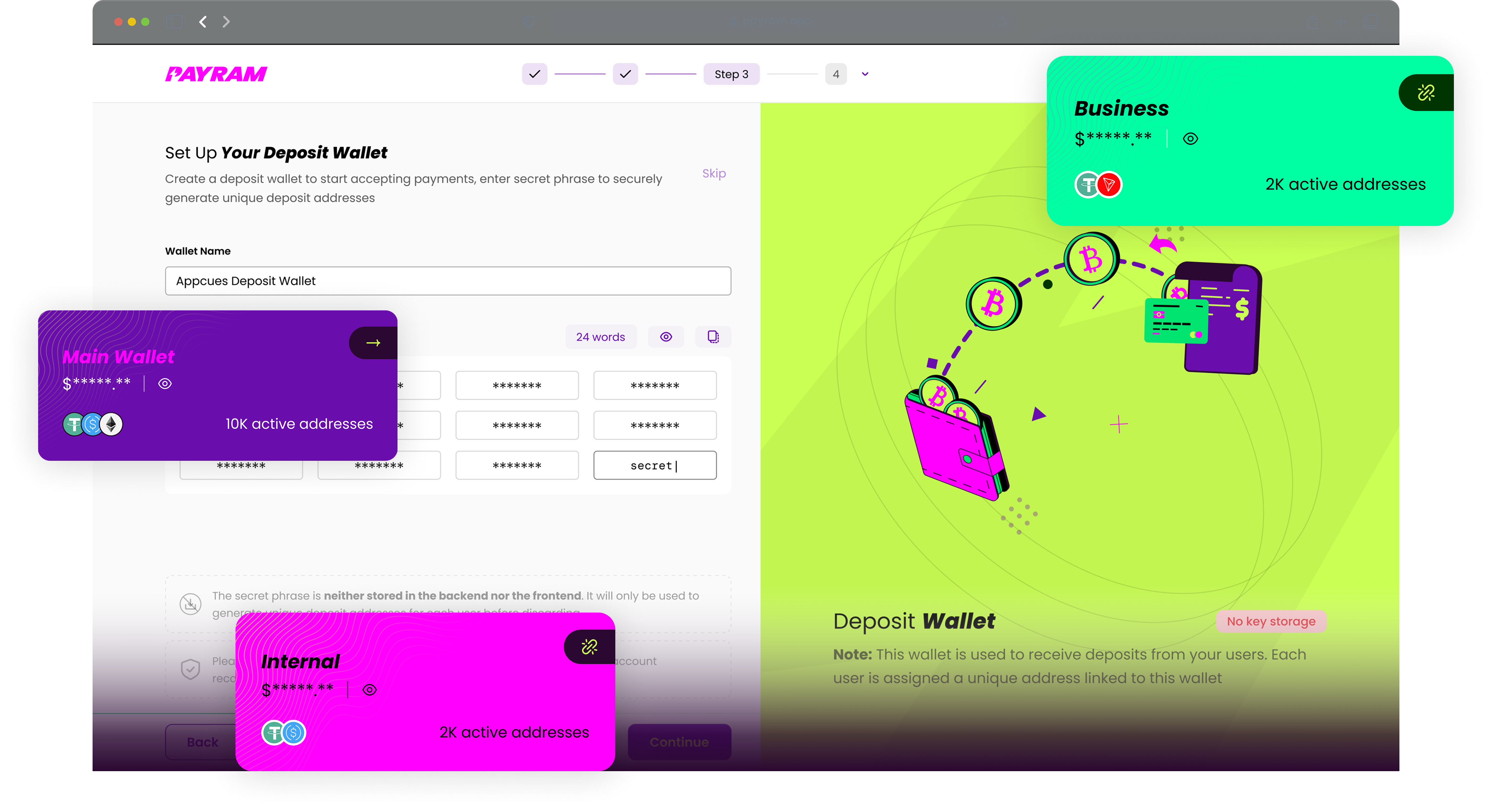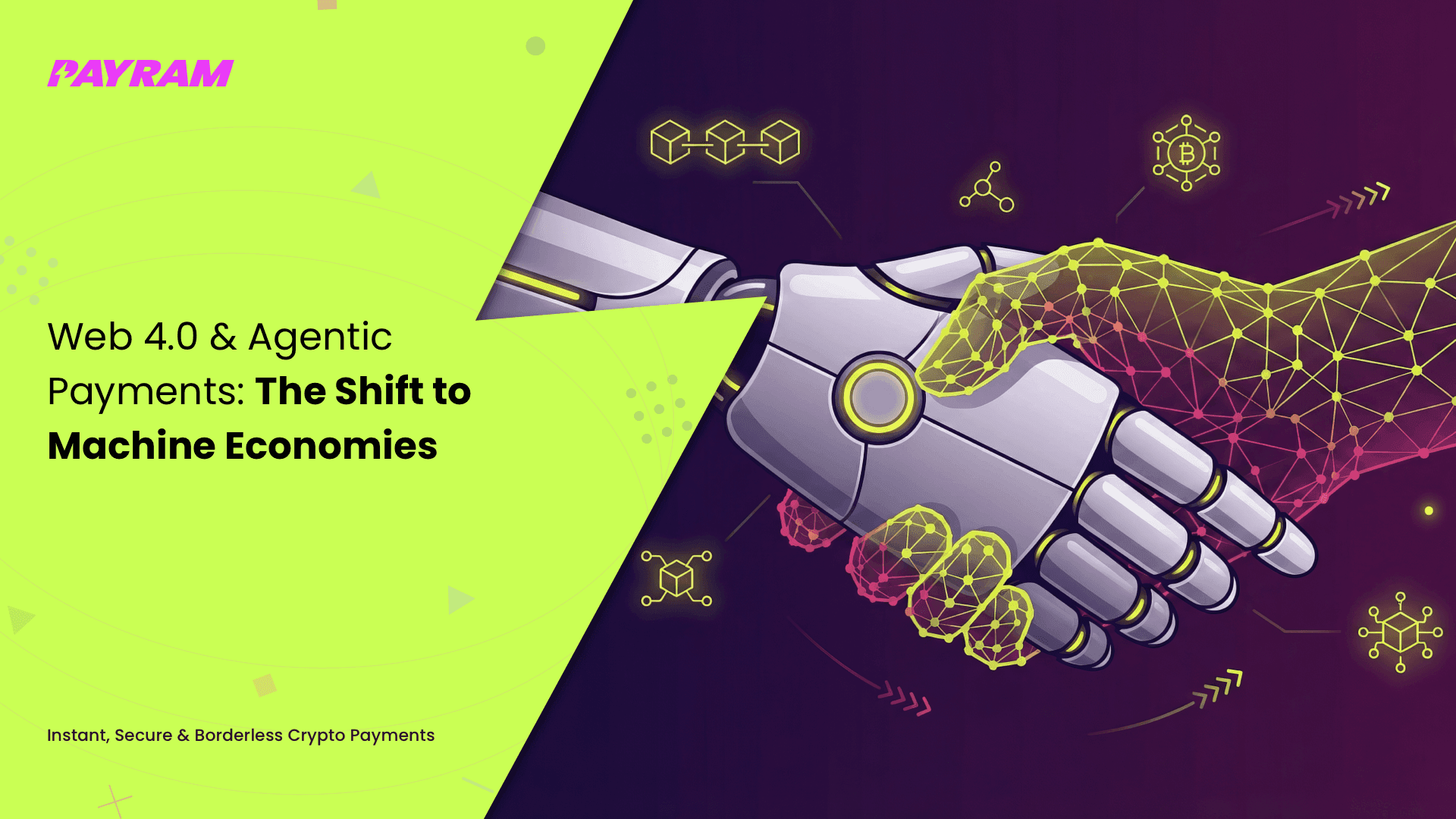
February 17, 2025
The Sovereign Merchant’s Guide to Financial Independence
The Tenant vs. Owner Crisis: Why Traditional Payment Rails Are Failing Modern Merchants
The custodial model of payments places merchants in a precarious position of tenancy, subject to arbitrary de-platforming, whereas ownership offers the stability required for long-term growth.
In the rapidly maturing digital economy of 2025, a structural fracture has emerged between high-volume merchants and the financial infrastructure they rely on. For decades, e-commerce has operated on a rental model. Businesses rent access to payment rails from centralized custodians like Stripe, PayPal, or BitPay. While convenient, this model positions the merchant as a tenant who can be evicted at any moment. The reality for the Sovereign Operator is that reliance on third-party custodians creates a single point of failure that is increasingly weaponized against high-growth verticals using high-risk merchant survival guides.
The environment has become significantly more hostile with the tightening of enforcement mechanisms. Notably, the Visa Acquiring Monitoring Program (VAMP) updated its thresholds in 2025, where a chargeback ratio exceeding just 0.9% can now trigger immediate penalties, excessive fines, or outright account termination. Once a merchant is terminated, they risk being added to the Terminated Merchant File (TMF), effectively blacklisting them from the traditional banking system for years.
"If you owe your bank a hundred pounds, you have a problem. But if you owe a million, it has. In the crypto world, if you hold your own keys, the bank has no power over you at all." — John Maynard Keynes
Ecommerce chargeback rates rose 222% between Q1 2023 and Q1 2024, creating an unprecedented risk environment for merchants relying on legacy rails.
%2520copy.jpeg)
What is the Custodial Trap in Payment Processing?
The Custodial Trap refers to the structural vulnerability where a third-party processor holds merchant revenue in an omnibus account for settlement, effectively stripping the merchant of legal possession of their own capital during that window.
The trap describes the period—typically T+3 to T+7 days—where a merchant has made a sale but does not yet have the money. During this settlement window, funds are held in the processor's omnibus account. For the processor, this is a risk management feature; for the merchant, it is an existential threat. This architecture enables the guilty until proven innocent model of compliance. If an algorithm flags a risk event—such as a sudden spike in sales volume or a chargeback from a specific region—the processor can freeze funds instantly.
For industries like adult content, this often results in fund holds lasting 180 days with little recourse. To understand the depth of this issue, one must compare Payram vs Stripe to see how custodial terms of service are weaponized against legitimate businesses.
Why are my funds frozen by Stripe or PayPal?
Funds are often frozen due to algorithmic risk flags triggered by high-volume or high-risk industry activity, a distinct operational risk that is technically impossible in code-governed self-hosted systems.
Freezes are rarely personal, they are algorithmic. Custodial processors utilize opaque risk models that flag anomalous behavior. Common triggers include operating in grey market verticals like iGaming or Dropshipping, or simply exceeding that critical 0.9% dispute threshold. In a custodial model, the processor's safety takes precedence over the merchant's solvency.
In contrast, a self-hosted payment gateway replaces compliance officers with code. Because the software is non-custodial, it technically cannot freeze funds. The transaction is a direct peer-to-peer transfer from the customer to the merchant, rendering the concept of a frozen account obsolete. This distinction is the core thesis of custodial vs non-custodial crypto payment gateways.
Deconstructing the Self-Hosted Architecture: What It Actually Means
Self-hosted architecture involves deploying payment software on a private Virtual Private Server (VPS), ensuring the merchant retains full control over the database, transaction logs, and private keys.
To understand the solution, we must demystify the technology. Self-hosted does not mean running a server in a basement. In 2025, it means deploying a software instance—such as PayRam—on a cloud Virtual Private Server (VPS). Unlike SaaS models like Coinbase Commerce, where transaction data and wallet interactions occur on third-party servers, a self-hosted node ensures that the database and the application logic live on infrastructure you control.
This distinction is vital for digital sovereignty: you are not asking for permission to transact; you are broadcasting transactions directly to the blockchain. This architecture is explained in depth in our guide on what is self-hosting.
"Trusted third parties are security holes." — Nick Szabo, Computer Scientist and Cryptographer.
First-party fraud (friendly fraud) now accounts for 40-80% of all eCommerce fraud losses, a risk that is structurally eliminated by the irreversibility of self-hosted crypto payments.

Is self-hosted crypto payment processing secure?
Self-hosted processing is often more secure than custodial alternatives because it utilizes a No Keys on Server architecture, preventing attackers from spending funds even if the web server is compromised.
A common misconception is that self-hosting introduces security risks. In reality, modern self-hosted gateways utilize a security model that is arguably safer than trusting a centralized hot wallet. The server that processes the website traffic does not hold the keys to the kingdom. Even if the server is fully compromised by a hacker, they can only view past transaction data; they cannot steal funds because the private keys are simply not there. This is why we refer to it as the unbannable gateway.
The No Keys on Server Security Model Explained
This security model separates the observation of payments from the expenditure of funds by keeping private keys in cold storage while the server only holds public keys for generating deposit addresses.
The architecture functions by decoupling Observation from Management:
- The Server (Online): Holds the xPub (Extended Public Key). Its only job is to generate unique deposit addresses for each new order and watch the blockchain to confirm when funds arrive.
- The Cold Storage (Offline): The Private Key (Seed Phrase) resides on a hardware wallet like a Ledger or Trezor. This key is never entered into the server. You can learn more about securing assets in our seed phrases & HD wallets guide.
- The Flow: The customer sends crypto -> The Blockchain -> Your Cold Wallet. The server merely updates the database to say Order Paid.
This air-gapped approach ensures that your revenue is settled directly into cold storage, immune to both hacks and regulatory seizures.
The Unit Economics of Sovereignty: A Forensic Fee Analysis
Shifting to a self-hosted model transforms payments from a variable tax on revenue into a fixed operational cost, unlocking significant profit margins for high-volume merchants.
The shift to self-hosted crypto payment gateways is often driven by simple math: the rejection of the Tax on Revenue. Custodial processors monetize by extracting a percentage of Gross Merchandise Value (GMV).
- Custodial Cost: A merchant processing $10M annually at a 1% fee pays $100,000 per year in fees.
- Self-Hosted Cost: That same merchant using PayRam pays 0% in processing fees. Their cost is limited to the server hosting (~$20/month) and standard network gas fees.
This arbitrage opportunity allows enterprise merchants to cap their payment costs, treating payments as a fixed utility rather than a punishment for growth. For a deeper dive, compare the costs in our Payram vs BitPay.
What are the fees for self-hosted crypto payments?
The cost structure of self-hosted payments typically includes fixed hosting costs and network fees, with 0% processing fees unless optional value-add services are utilized.
When you remove the middleman, the fee structure becomes transparent and modular:
- Software License: $0 (Free/Open Source models).
- Hosting: ~$10 - $50/month for a VPS.
- Processing Fee: 0% (The PayRam core model).
- Network Fee: Paid by the sender (gas costs).
- Optional PayFi Services: Service fees (up to 5%) apply only if you utilize advanced automation like fund sweeping or orchestration.
PayFi and Fund Orchestration: Automating the Treasury
PayFi integrates payment processing with DeFi tools to automate treasury management, such as auto-sweeping funds and converting volatile assets to stablecoins without manual intervention.
While receiving funds is free, managing crypto at scale requires tooling. This is where PayFi (Payment Finance) enters. Features like Automated Sweeping allow the gateway to aggregate funds from thousands of temporary deposit addresses into a secure main wallet automatically. Furthermore, Fund Orchestration can be configured to auto-convert volatile assets (like Bitcoin) into stablecoins (USDT/USDC) immediately upon receipt, effectively automating the role of a CFO. Read more about this in our guide on how to automate crypto to stablecoin swaps.
Modernizing the Stack: Beyond Bitcoin-Only Sovereignty
While BTCPay Server pioneered the self-hosted space, modern commerce requires a strategic shift towards multi-chain, stablecoin-native architectures that align with 2025's payment behaviors.
For years, BTCPay Server has been the gold standard for self-hosted payments. However, it was born from a Bitcoin-maximalist philosophy. In 2025, digital commerce is increasingly dominated by Stablecoins (USDT/USDC) on high-speed networks like Tron (TRC20) and Solana. The legacy architecture of BTCPay makes supporting these non-Bitcoin assets complex and reliant on third-party plugins. For a detailed comparison, read our Payram vs BTCPay Server.
"While BTCPay is good for multicoin I would suggest PayRam which supports most coins including USDT and USDC." — Reddit Community Discussion on Self-Hosted Gateways.
Stablecoins are now reshaping global commerce, with settlement volumes rivaling traditional payment networks like Visa, driven by a $72 billion tsunami of demand.
Which crypto gateway supports stablecoins on Tron and Solana?
PayRam provides native, out-of-the-box support for high-demand stablecoins like USDT on Tron and USDC on Solana, addressing the complexity gaps found in legacy self-hosted solutions.
PayRam positions itself as the evolution of the self-hosted gateway, specifically architected for a multi-chain reality. It offers native support for USDT on Tron and USDC on Solana—corridors chosen for their speed and negligible transaction fees. This native integration ensures that merchants can accept the most liquid digital dollars without hacking a Bitcoin node to do something it wasn't designed for. Learn more about optimizing these transactions in our ultimate transaction optimization playbook.
PayRam vs. BTCPay Server: A 2025 Comparison
A comparison reveals PayRam offers a streamlined, GUI-based setup focused on stablecoins, whereas BTCPay Server remains a developer-centric tool optimized for Bitcoin and Lightning.
| Feature | BTCPay Server | PayRam |
|---|---|---|
| Primary Focus | Bitcoin & Lightning Network | Stablecoins (USDT/USDC) & Multi-Chain |
| Setup Difficulty | High (Requires SysAdmin skills) | Low (Docker Script + GUI) |
| Tron (USDT) Support | Complex / Plugin-based | Native / Out-of-the-box |
| User Experience | Developer-Centric | Merchant-Centric |
The Frontier: Agentic Commerce, x402, and the Machine Economy
The emergence of the AI-driven economy necessitates a payment infrastructure capable of handling machine-to-machine transactions without human authentication friction.
The next trillion-dollar economy will not be human-to-human; it will be AI-to-AI. We are entering the era of Agentic Commerce, where autonomous software agents negotiate and transact. However, AI agents cannot pass CAPTCHAs, 2FA, or the identity checks required by Stripe. This creates a Financial Air Gap that prevents agents from participating in the economy. Self-hosted gateways are the only rails compatible with these autonomous actors.
"x402 lets you attach a stablecoin payment to any web request. We think this will be a big part of the new internet." — Brian Armstrong, CEO of Coinbase.
McKinsey & Company forecasts that by 2030, the agentic commerce market could generate up to $5 trillion in global transaction volume.
What is Agentic Commerce?
Agentic commerce is the automated economy where software agents autonomously negotiate, execute, and settle transactions for goods and services using programmable money and permissionless rails.
In this new paradigm, an AI agent might independently source an API, negotiate a price for data access, and settle the payment instantly. This requires programmable money (Stablecoins) and permissionless rails (Self-Hosted Gateways) that do not discriminate against non-human actors.
Bridging the Financial Air Gap with x402 and ERC-8004
Protocols like x402 and ERC-8004 bridge the gap between AI agents and payments by enabling instant micropayments via HTTP status codes and establishing on-chain identity verification.
To facilitate this, new standards are being adopted:
- x402 (Payment Required): This protocol revives the HTTP 402 status code. Instead of blocking a resource, a server returns a 402 Payment Required challenge with a crypto invoice. An AI agent can pay this instantly to unlock data or compute power.
- ERC-8004 (Trustless Agents): This standard provides on-chain identity and reputation for agents. PayRam acts as the Execution Layer, facilitating the x402 handshake and escrowing funds until an agent proves (via ERC-8004) that it has completed its task.

Implementation Blueprint: From Zero to Transaction in 10 Minutes
Deploying a self-hosted gateway is now a simplified process involving a VPS, a domain, and a one-line installation script that automates the technical heavy lifting.
The claim of Consumer-Grade Sovereignty is validated by the ease of deployment. You no longer need a DevOps team to become your own bank. For a complete walkthrough, see our guide on how to accept crypto payments without third party services.
Prerequisites:
How to set up a self-hosted crypto payment gateway?
Setting up a self-hosted gateway involves provisioning a server, running an automated install script, connecting blockchain nodes via a GUI, and inputting a public wallet key to route funds. For a complete technical walkthrough, refer to the documentation.
Step 1: Get a Linux Server
The first step is to acquire a basic VPS or dedicated Linux server from any hosting provider. You can use any basic VPS (Virtual Private Server) or dedicated server running a standard Linux distribution.
Step 2: Run the 10-Minute Install Script
The second step is to run the simple, one-line curl command to install the PayRam software. Copy and paste the following one-line command into your server's terminal to begin the installation:
Step 3: Follow the GUI Setup to Connect Your Wallets
Once the script is complete, you will access the installer in your browser. This graphical user interface (GUI) will walk you through setting up your store and, most importantly, connecting your non-custodial (xPub) wallets. This requires no command-line knowledge.
Step 4: Integrate with Your Store
The final step is to use PayRam's API, webhooks, or simple payment buttons to connect the gateway to your e-commerce platform. Use the provided API, webhooks, or simple embeddable payment buttons to connect PayRam to your storefront and begin accepting payments.

Frequently Asked Questions (FAQ)
What is the difference between custodial and non-custodial payment gateways?
A custodial gateway (like BitPay or Coinbase Commerce) holds your funds in their wallet before settling to you, meaning they can freeze your account or deny transactions. A non-custodial, self-hosted gateway (like PayRam) processes payments directly to your wallet. You hold the keys, and the gateway provider never touches your money, ensuring zero censorship risk.
Do I need coding skills to install PayRam?
No. While older self-hosted solutions like BTCPay Server required command-line knowledge, PayRam is designed with a Consumer-Grade experience. It offers a one-line installation script and a graphical user interface (GUI) that guides you through the setup, making it accessible to non-technical business owners.
Can PayRam handle high-risk industries like iGaming or Adult?
Yes. PayRam is specifically architected for high-risk merchants. Because it is self-hosted infrastructure rather than a financial intermediary, it does not enforce the restrictive Acceptable Use Policies (AUPs) that traditional processors use to ban legal industries like adult content or iGaming.
How does PayRam make money if the fees are 0%?
PayRam operates on a Fee for Service model. The core payment processing is free (0%). PayRam generates revenue by charging optional service fees (up to 5%) for advanced automated features like Fund Orchestration (auto-swapping crypto) and Automated Sweeping (consolidating funds from multiple wallets).
Is self-hosting compliant with GDPR?
Yes, it is often more compliant than using third parties. With a self-hosted gateway, customer data resides solely on your own server. You do not share sensitive customer PII (Personally Identifiable Information) with a third-party processor, giving you full control over data retention and simplifying your GDPR compliance strategy.
What happens if the PayRam server goes down?
If your VPS goes offline, your checkout page will be temporarily unavailable, but your funds remain safe. Because the funds are settled directly to your blockchain wallet (cold storage), they are never stuck on the server. You simply restart the server or redeploy the instance to resume processing.
Does PayRam support recurring billing for subscriptions?
Yes. PayRam supports recurring billing features necessary for subscription models. It can generate scheduled payment requests and track subscription status on-chain, making it a viable alternative for SaaS and content platforms.
How do I handle crypto volatility with a self-hosted gateway?
You can mitigate volatility using Stablecoins (USDT/USDC) which are pegged to the dollar. Additionally, PayRam's optional Fund Orchestration service can automatically swap volatile assets (like BTC) into stablecoins immediately upon receipt, locking in the USD value of your sale.
Can I use PayRam for a marketplace with multiple vendors?
Yes. PayRam is built with multi-tenancy in mind. It supports multi-store management and can route payments to different wallets based on the vendor, making it an ideal infrastructure for marketplaces and platforms requiring split payments.
What is the Financial Air Gap and how does PayRam solve it?
The Financial Air Gap refers to the incompatibility between AI agents (which work in milliseconds) and traditional banking (which settles in days and requires human ID). PayRam bridges this by supporting x402 and ERC-8004 protocols, allowing AI agents to pay for API access and services instantly using programmable money.
Conclusion: The Strategic Imperative of Financial Independence
Adopting self-hosted payment infrastructure is a strategic imperative for merchants seeking immunity from censorship and readiness for the future automated economy.
The transition to self-hosted cryptocurrency payment processors is more than a technical upgrade, it is a survival mechanism for the Sovereign Operator. The convergence of aggressive financial censorship mechanisms like VAMP and the explosive opportunity of the Agentic Economy makes the custodial model obsolete for high-performance businesses.
By adopting a Mullet Strategy—Web2 user experience in the front, Web3 sovereign settlement in the back—merchants can immunize themselves against de-platforming while preparing for a future where their best customers might be AI agents. Stop renting your financial rails. It is time to own the infrastructure that powers your business.
Ready to reclaim your financial sovereignty? Deploy your own PayRam instance today and join the future of permissionless commerce.




